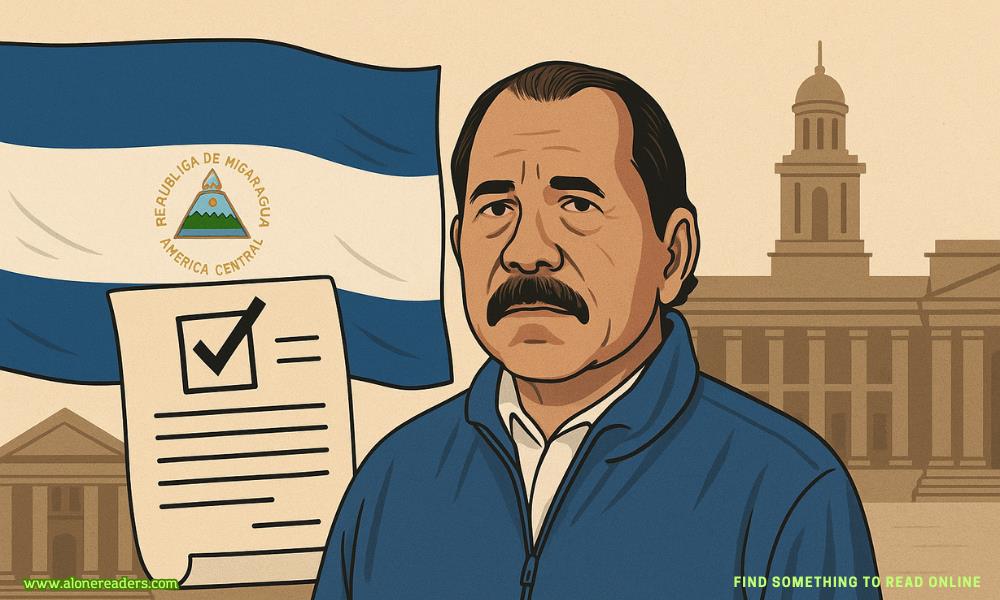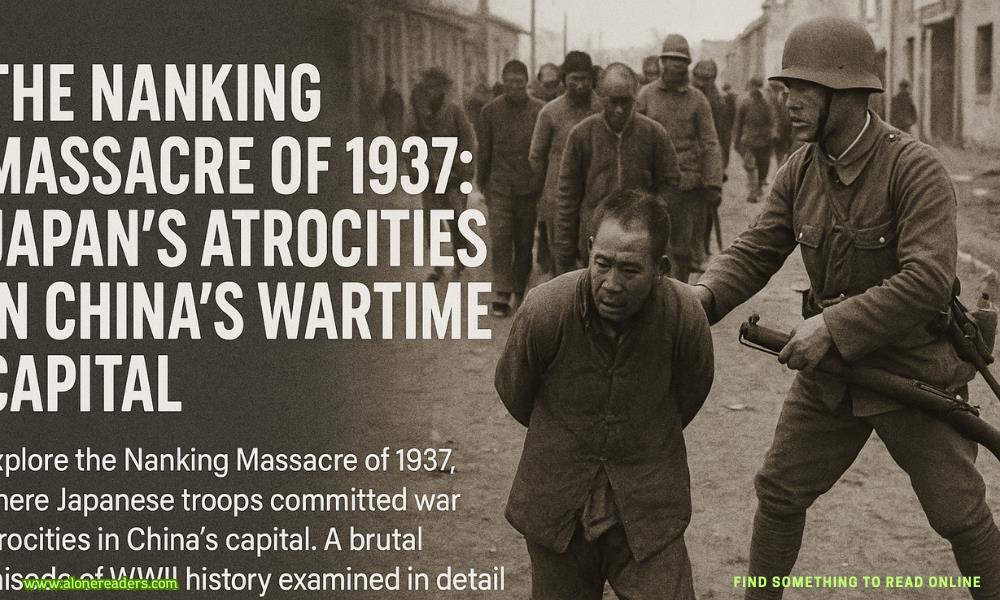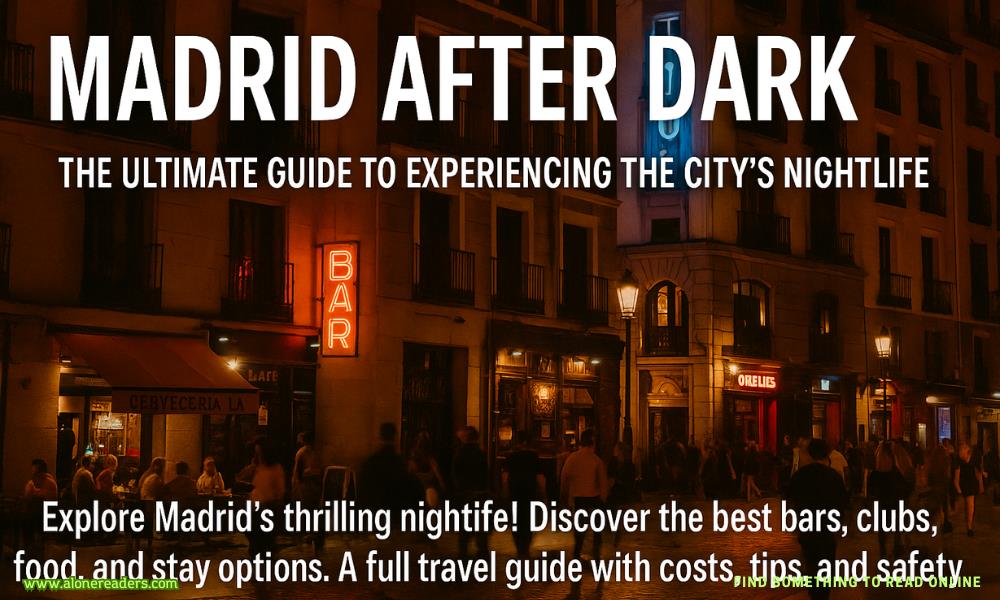Page 14 of The House Across the Lake
“Did you see him go out this morning?” Eli took another look at my bedclothes and puffy eyes, rightfully concluding that he was the reason I got out of bed. “Or hear him?”
I answered with a short, scared head shake.
“And he didn’t tell you last night that he was thinking about going fishing?”
“No,” I said. “But he doesn’t always tell me. Especially if he thinks I won’t be up for a few hours. Sometimes he just goes.”
Eli’s gaze drifted back to the empty lake. When he spoke again, his voice was halting, cautious. “When I fetched your boat, I saw a rod and tackle box inside. Len doesn’t always keep them there, does he?”
“No,” I said. “He keeps them—”
In the basement. That’s what I intended to say. Instead, I went there, down the rickety steps to what’s technically the first level of the lake house but is treated like a cellar because it’s built into the steep hillside that slopes to the water. Eli followed me. Past the room with the furnace and hot-water heater. Past the Ping-Pong table that had last been used in the nineties. Past the skis on the wall and the ice skates in the corner. Stopping only when I stopped.
The mudroom.
The place where Len and I entered and exited after swimming and boating, using the old blue door that had been part of the house since the very beginning. There’s an old sink there, and a long wooden rack on which hung jackets and hoodies and hats.
Except one.
Len’s fishing hat—floppy and foul smelling, colored army green—was missing.
Also, the shelf that should have held his tackle box and fishing rod was empty, and the creaky blue door that led outside was open just a crack.
I let out a choked sob, prompting Eli to spin me away from the door, as if it were a mutilated corpse. He gripped my shoulders, looked me in the eyes, and said, “I think we might want to call the police.”
Eli did the calling. He did everything, to be honest. Rounding up the Fitzgeralds on his side of the lake and the Mitchells, who lived on mine, to form a search party.
And he’s the one who eventually found Len, just after ten that morning.
Eli discovered his hat first, floating like a lily pad a few yards from shore. He waded out to fetch it, and when he turned to head back to dryland he spotted Len a hundred yards away, washed ashore like the victim of a shipwreck.
I don’t know any other details. Neither Eli nor the police told me exactly where my husband had been found, and I didn’t ask. I was better off not knowing. Besides, it didn’t really matter. Len was still dead.
After asking me a few questions, the police pieced everything together pretty quickly. Len, always an early riser when at the lake, woke up, made coffee, and decided to go fishing.
At some point, he fell overboard, although authorities couldn’t tell me how or why or when. An autopsy found alcohol in his system—we had been drinking the night before—and a large amount of the antihistamine Len took for his allergies, suggesting he had double-dosed before going out that morning. All the medical examiner knew was that he had dropped into the water and drowned, leaving behind a boat, a tackle box and fishing rod, and a thermos of still-warm coffee.
I was also left behind.
At age thirty-five, I had become a widow.
After that happens, there’s just one final step.
Unlucky Number Seven.
Fall apart.
My unraveling happened rather slowly, thanks to the many people who cared for me. Eli stayed by my side until Ricardo was able to drive up from Manhattan with my mother and Marnie in tow. We spent a sleepless night packing up my things and left early the next morning.
For the next six months, I did as well as one can under such circumstances. I mourned, both publicly and in private. I dutifully attended two memorial services, one in New York and the other in Los Angeles, before returning to Lake Greene for an afternoon when, watched by a small gathering of friends and family, I poured Len’s ashes into the water.
It wasn’t until the second six months that it all went downhill. Before then, I’d been surrounded by people. My mother visited daily or sent Ricardo when she was working. Marnie and other friends and colleagues made sure to call, to stop by, to reach out and see how I was coping. But anoutpouring of kindness like that can only last for so long. People move on. They must.
Eventually it was just me, left with a thousand emotions and no way of softening them without some form of assistance. When I was fourteen and mourning my father, I turned to drugs. Rather than repeat myself, I decided booze was the answer on this go-round.
Bourbon, mostly. But also gin. And vodka. And wine of any color. And once, when I’d forgotten to stock up before a snowstorm, pear brandy chugged straight from the bottle. It didn’t make the pain completely go away, but it sure as hell eased it. Drinking made the circumstances of my widowhood feel distant, like it was a vaguely remembered nightmare I’d woken from long ago.
And I was determined to keep drinking until no memory of this particular nightmare remained.















